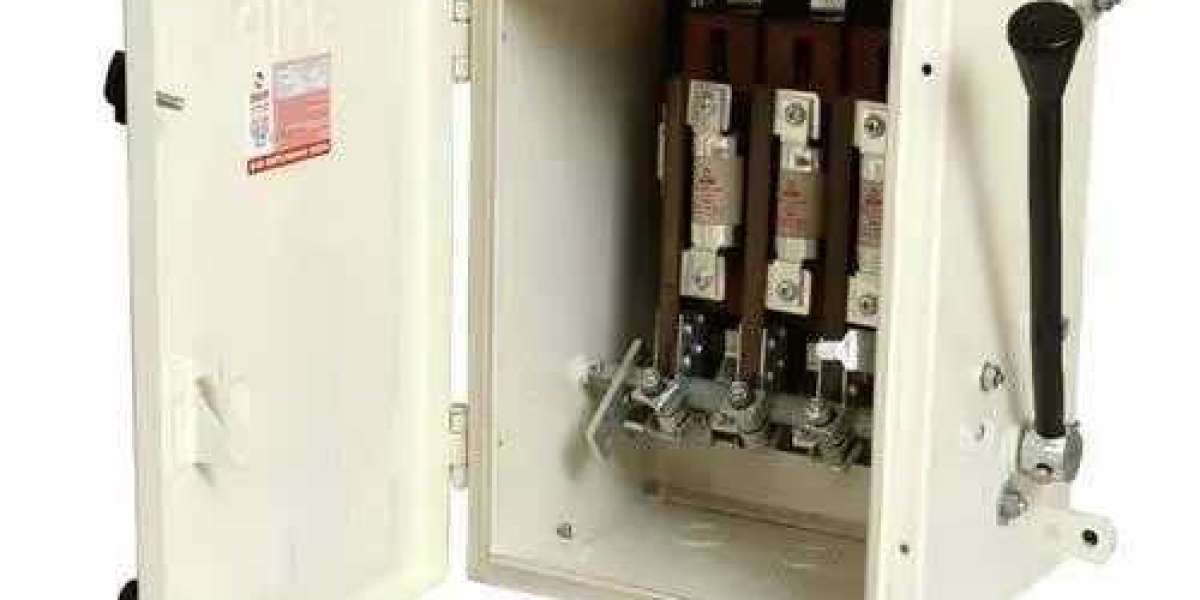Introduction:
In the dynamic and exacting world of aerospace, precision, reliability, and quality are paramount. The aerospace industry demands adherence to rigorous standards to ensure the safety and efficiency of aerospace products and services. One such standard that plays a pivotal role in elevating the quality management system within this sector is AS9100 certification.
AS9100 Certification Defined:
AS9100 is an international quality management system standard specifically designed for the aerospace industry. It is an extension of the ISO 9001 standard with additional requirements that address the unique challenges and complexities of the aerospace sector. AS9100 certification signifies a commitment to excellence, quality, and continual improvement in aerospace manufacturing and services.
Key Components of AS9100 Certification:
Risk Management: AS9100 places a strong emphasis on risk management, recognizing the intricate nature of aerospace projects. The standard requires organizations to identify and mitigate risks associated with product and process development, ensuring a proactive approach to quality control.
Supply Chain Management: The aerospace industry often involves complex supply chains with numerous stakeholders. AS9100 certification encourages robust supply chain management processes to ensure that suppliers meet the same stringent quality standards, promoting consistency and reliability throughout the entire aerospace ecosystem.
Regulatory Compliance: Aerospace products and services are subject to stringent regulatory requirements. AS9100 certification ensures that organizations comply with international, national, and industry-specific regulations, fostering a culture of accountability and adherence to legal standards.
Continuous Improvement: AS9100 places a strong emphasis on the principle of continuous improvement. Organizations seeking certification must establish processes for ongoing monitoring, evaluation, and enhancement of their quality management system, fostering a culture of innovation and adaptability.
Benefits of AS9100 Certification:
Enhanced Credibility: AS9100 certification is a globally recognized mark of excellence in aerospace quality management. Achieving this certification enhances an organization's credibility and reputation, instilling confidence in customers, partners, and regulatory bodies.
Improved Efficiency and Cost Reduction: By adopting the principles of AS9100, organizations can streamline their processes, reduce waste, and enhance efficiency. This not only leads to cost savings but also contributes to the overall competitiveness of the business.
Global Market Access: AS9100 certification is often a prerequisite for entering global aerospace markets. Many customers and regulatory bodies worldwide require suppliers to be AS9100 certified, opening doors to new opportunities and partnerships.
Risk Mitigation: The robust risk management processes mandated by AS9100 help organizations identify potential issues early in the development process, reducing the likelihood of costly errors and ensuring the safety and reliability of aerospace products.
Conclusion:
In the aerospace industry, where precision and safety are non-negotiable, AS9100 certification stands as a beacon of quality. Organizations that invest in achieving and maintaining AS9100 certification demonstrate their commitment to excellence, customer satisfaction, and continuous improvement. As aerospace technology evolves, the AS9100 standard provides a solid foundation for organizations to navigate the complexities of the industry while maintaining the highest standards of quality and safety.






